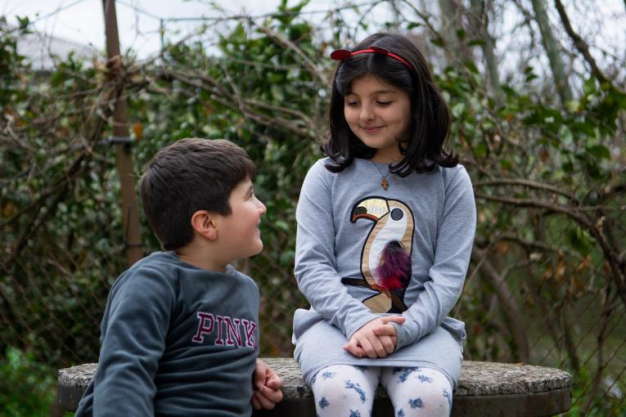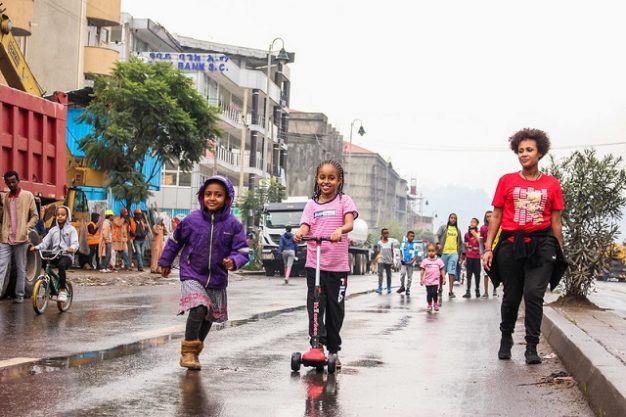
Delivering progress for the most excluded children
After 30 years of the Convention on the Rights of the Child, all governments need to do more to reach the most excluded children and make investment in their futures a priority.
The 30th anniversary of the landmark treaty that first recognised the rights of children is a time for celebration. It is a moment, says international children’s charity Plan International, ‘to acknowledge unprecedented progress in reducing childhood deaths, and expanded access to schooling and clean water in almost all corners of the globe’.
But this is a point where we must take stock of the unfinished agenda for children. Hundreds of millions of children still go hungry, or live in fear of violence or cannot even go to school – due to poverty, conflicts and disasters or discrimination based on their origins, gender and abilities. In addition, there is still a long way to go before children everywhere have the right to organise, participate, express their views and be heard.

The new Policy Brief on Delivering Progress for the Most Excluded Children, produced by the 6 child-focussed agencies of the Joining Forces Alliance, builds on the calls to action in our global report, A Second Revolution: 30 years of child rights and the unfinished agenda. We now call specifically on all governments to:
- embrace the principles of children’s rights and intensify their actions on behalf of every child in their nations;
- make sure that basic services reach and include the poorest and worst-off children, with proactive measures to assist them to overcome the barriers of poverty and discrimination
- tackle the roots of gender inequality, violence and harmful practices affecting children;
- count, track and demonstrate progress for all groups in society; and
- support the meaningful participation and voice of the most disadvantaged children.
The rights to a childhood without hunger, suffering and violence cannot be selectively implemented for certain groups of children. These have to become a reality for every child, especially the worst off, who have been left behind, and who are excluded from progress.
Thanks to improved data collection, Governments now know much more about who these excluded children are, where they live, and why they are being left behind. And while many children are still left uncounted and missing from official statistics, there is also much less excuse for inaction or a lack of determination to ensure these children have equal access to basic services, protection and opportunities for participation.
Delivering Progress for the Most Excluded Children also lays out practical suggestions and examples of what governments can do, depending on the barriers that these children face. These range from removing school fees for those least able to pay, to supporting young mothers to return to school, and setting up affordable community health insurance systems; from providing cash benefits for children with disabilities, to combining birth registration with routine vaccinations, and helping children to form parliaments of their own.
These are essential actions if the world is to meet its obligations to all children, everywhere. And necessary for us to ensure that the Sustainable Development Goals are realised for every single child, including those who have been the most neglected. They must not take another 30 years to achieve.
There is no better measure of a country’s progress and future prospects than the state of its children, and especially the condition of those children who are suffering the most. The pledge of the UN General Assembly in 2015, that no one will be left behind, should apply to disadvantaged children first and most.
Click here for more on Plan International.




